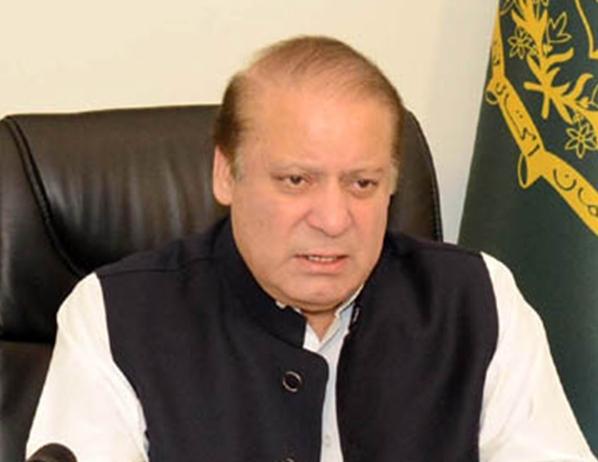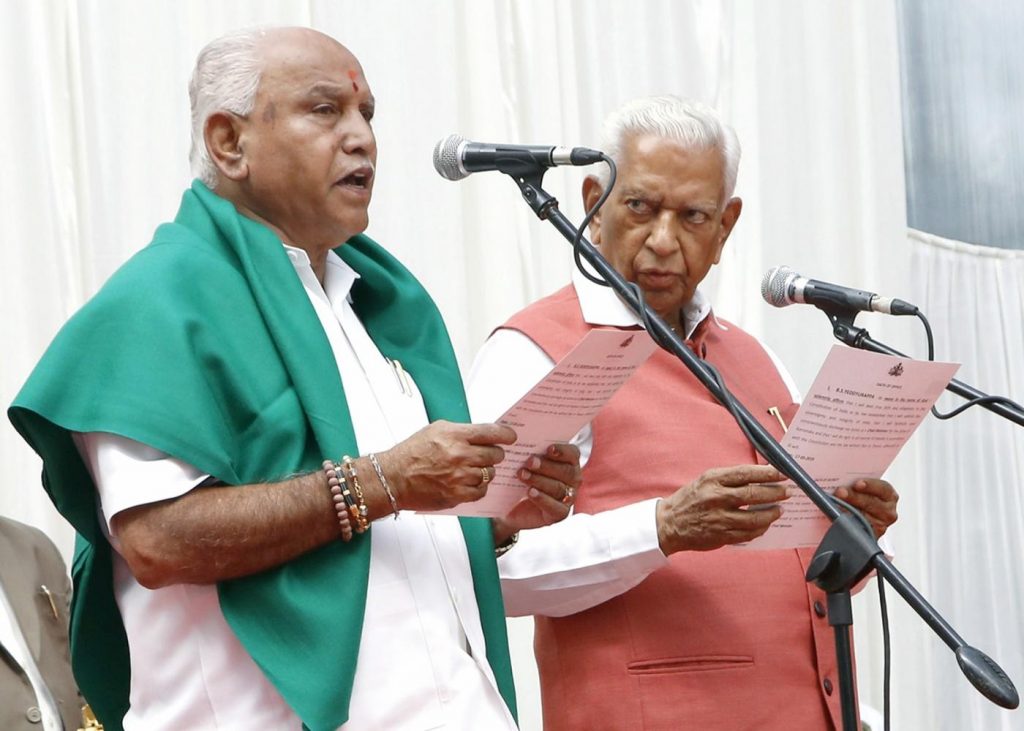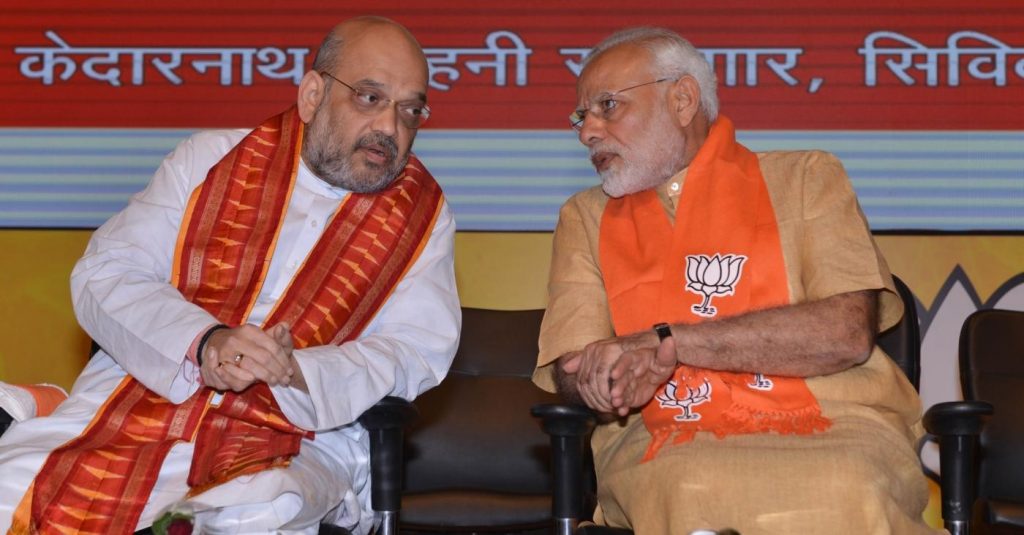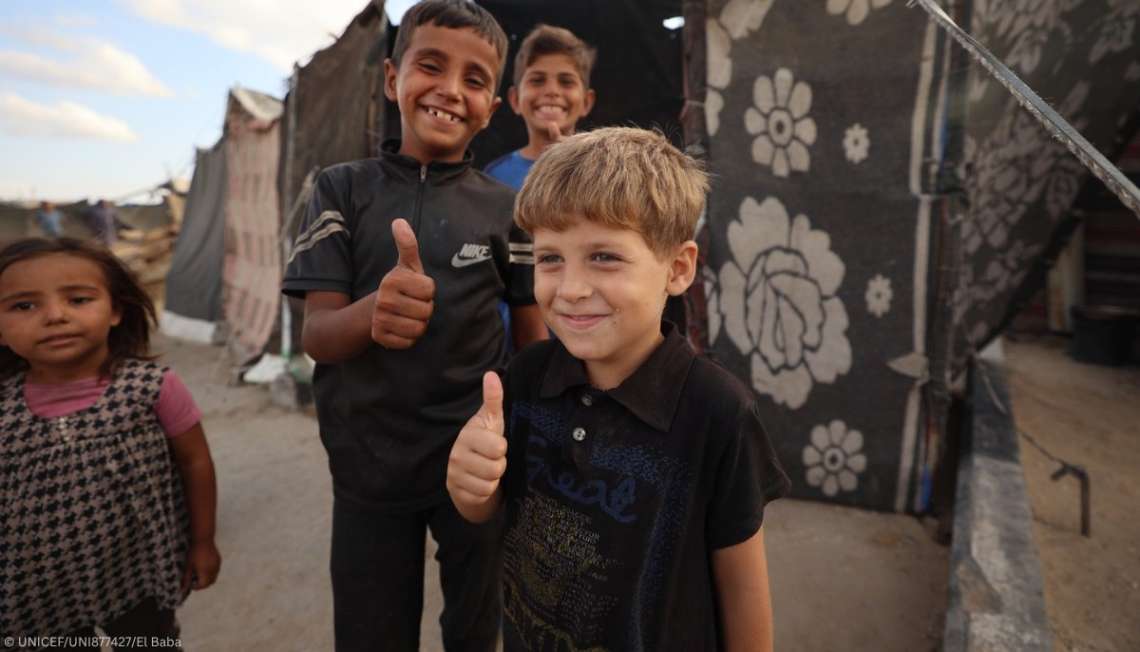NAWAZ SETS CAT AMONG PIGEONS WITH MUMBAI TERROR ATTACKS CRITICISM…writes Rifan Ahmed Khan

Two things emerge out of ousted Pakistani prime minister Nawaz Sharif’s references to militancy, its impact on relations with India and controversy that it has whipped up. One is the ‘why’ of Sharif’s political gambit to bring in India, risking another round of pre-election controversy, angering the militants and the right wing political class and earning renewed charged of being dubbed pro-India. Nawaz has spoken after the government’s efforts to damn him for allegedly sending 4.7 billion to India through money laundering has fallen flat.
The other is more important and relevant. That is that there is no reference to Hafiz Saeed, generally accepted the world over and by liberal sections within Pakistan, as the principal mastermind behind the 2008 Mumbai terror attacks.
Everyone knows that Saeed has the protection of the all-powerful military and is manipulated as the principal “non-state actor” baiting India. Sharif was also in knowledge of and complicit with this arrangement, going by the way his government hummed and hawed and ensured that numerous courts, judges, lawyers and the media took turns to let Saeed work the way he has always done. Restrictions placed to hoodwink the world community were observed in a manner that ensured his freedom of action, from and outside the home detention.
Sharif has refrained from saying anything on his government, and now, that of his party and hand-picked prime minister, has handled Saeed – banning the bodies he heads whenever necessary. Perhaps, he does not want the government to avoid attracting international sanctions for funding terror outfits for which a meeting is due next month.

Similarly, those active in the Mumbai attacks like Zakiur Rahman Lakhvi and others also find no mention in the discourse in Pakistan. Even the critics of Sharif have refrained from offering comment, aware that the military supports these high profile foot soldiers of Pakistan’s terror machine.
Let us see what Sharif said in his exclusive interview to Dawn: “We have isolated ourselves. Despite giving sacrifices, our narrative is not being accepted. Afghanistan’s narrative is being accepted, but ours is not. We must look into it.”
He continued: “Militant organisations are active. Call them non-state actors, should we allow them to cross the border and kill 150 people in Mumbai? Explain it to me. Why can’t we complete the trial?” — a reference to the Mumbai attacks-related trials which have stalled in a Rawalpindi anti-terrorism court.
“It’s absolutely unacceptable. This is exactly what we are struggling for. President Putin has said it. President Xi has said it,” Mr Sharif said.
Asked what he believes is the reason for his ouster from public office, Mr Sharif did not reply directly but steered the conversation towards foreign policy and national security.
Nawaz, when asked by a reporter to comment on the impression that India has been reluctant to provide evidence in the case, responded: “There is no shortage of evidence — there is plenty of evidence.”
He stuck to his guns, saying what he had said was confirmed by former president Pervez Musharraf.
” “Former president Pervez Musharraf, former interior minister Rehman Malik and former National Security Adviser Major-General (retd) Mehmood Durrani had already confirmed [what I said],” he added.
Interestingly, Musharraf, who has never missed an opportunity to engage in India-bashing, is silent, so far.
With this, Sharif may or may not win votes in the election and the militant bodies are bound to go after him. But he has dared the army that has silently colluded with the judiciary to oust him.
He is aware that, as columnist Cyril Almeida said some time back: that an ‘artificial crisis’ was unleashed to oust Nawaz Sharif and to keep him and his party out from winning the next election. Now, that crisis has become ‘real’ and gone out of the hands of those who are behind it.
The unstated thing is the role the army is playing. Nawaz is out, but the prime minister and the government belong to his party – enough to discredit both, while playing the policeman through National Accountability Bureau and the judiciary that ignore Asif Zardari’s corruption and will not touch Imran.
That the Chief Justice of Pakistan, otherwise pro-active on all fronts, feels the need to say that Imran Khan is not the ladla’ (favourite) of the judiciary is strongly indicative of the fact that the judiciary is doing the army’s bidding. To put it mildly, the chief justice can only speak for the judiciary and cannot comment on Khan being the ‘ladla’ of the army.
There is little doubt that Nawaz Sharif’s observations in the interview have been well-worded to target the military. There is also little doubt that the military is rattled at this yet-another defiance.
Hence, it has unleashed a willing minion unhappy with Nawaz: former interior minister Chaudhry Nisar Ali Khan to turn the tables on Nawaz and accuse India, instead, of “uncooperative attitude and stubbornness”.
Nisar, who had prime ministerial ambitions but was pipped by Shahid Khaqqan Abbasi, who had publicly distanced himself from Nawaz, but not left the PML-N, has charged that the Indian government has been “the biggest obstacle” in the Mumbai terror attacks trial reaching a conclusion.
Nisar, it may be recalled, also resents the rise of Maryam, Nawaz’s daughter, and her tough talk against the army and the militants.
Dawn called him “the disgruntled PML-N member.”
Nisar, in a statement issued on May 3, a day after Nawaz interview, said that “Nawaz’s statements and the Indian media’s reaction”, emphasised that the Indian government was to blame for the hold-up in the Mumbai attacks trial.
“I say with full responsibility that the delay and slow pace of the Mumbai attacks-related case in Pakistan was not Pakistan’s doing but was a result of non-cooperation and stubbornness by India.”
Nisar, under whose watch the Federal Investigation Agency (FIA) was investigating the Mumbai attacks, said that since the assault took place in the Indian financial capital, it was the Indian government which possessed “90 per cent of the evidence and facts” of the incident.
Despite repeated efforts, India refused to share those facts and evidence with FIA and the investigative committee formed by Pakistani courts, he claimed.
Nisar has no word on repeated flip-flops by the courts that detained and released Saeed, Lakhvi and others, amidst shouting of laudatory slogans and garlanding of the accused-militants and his own role, deliberate or unwilling,” in manipulating trials and letting the terror attack accused out on several occasions.
And Nisar cannot dare to, assuming that he wanted, to comment on just every bit of evidence Indian government has marshaled and submitted to Islamabad as being “heresay’, rumours’ not intelligence and there being no proof of any Pakistani involvement — not even that of the “non-state actors” that Nawaz Sharif referred to in his interview.
According to Nisar, there was no bigger evidence of the Indian government’s lack of interest in taking the case to its end than its refusal to allow FIA to question the only living proof of the attacks: Ajmal Kasab.
“In a country where cases concerning capital punishment face years of delays, the only proof in a very important case was sent to the gallows in extreme haste to take him away from the public eye and close the door before facts became public.”
Donning the patriotic hat to the liking of the military establishment, Nisar said that Kasab was hanged so that the Mumbai attacks could be used as a tool for “Pakistan bashing” across the world on political basis.
Media reports in Pakistan have taken Nisar’s statements with a pinch of salt, saying he had “claimed.”
Nisar, like his military mentors, is upset that the Indian news outlets, since the interview was published on Saturday, have been playing up Sharif’s statement on the attacks as a ‘confession’ of Pakistan’s role in the Mumbai incident.
The trial of Pakistani suspects in the Mumbai attacks case had virtually come to a standstill after the governments of Pakistan and India had a row over the testimony of 24 Indian witnesses.
In January 2016, the government contacted New Delhi, asking it to send the 24 witnesses to Pakistan to testify against the Mumbai attacks suspects, including the alleged mastermind of the attacks — Zakiur Rehman Lakhvi.
Lakhvi, and the other suspects — Abdul Wajid, Mazhar Iqbal, Hammad Amin Sadiq, Shahid Jameel Riaz, Jamil Ahmed and Younus Anjum — are being tried by the Anti-Terrorism Court (ATC) in Islamabad since 2009. In August 2016, the Federal Investigation Agency also arrested Sufyan Zafar, the alleged financier of the attack.
Many judges have retired since the Pakistani courts, under global criticism, took up the case.
The prosecution had completed the testimonies of all 68 Pakistani witnesses seven months before that. By the time the ATC was about to conclude the proceedings, the prosecution filed an application to produce survivors of the Mumbai attacks, the doctors who conducted the post-mortem examination of the deceased persons and terrorists, and eyewitnesses.
At the time of the attacks, Lakhvi was believed to be the operational head of the banned Lashkar-e-Taiba (LeT) that has been accused by India of carrying out the attacks in India’s financial capital. Lakhvi along with Zarar Shah was allegedly the key planner of the attack.
Although a prime suspect in the case, the Lahore High Court had released Lakhvi in 2015 after he furnished Rs2 million in surety bonds. The Indian government lodged a strong protest over his release; however, the Pakistani authorities demanded that India provide incriminating evidence against him so he can be held in jail and tried effectively.








